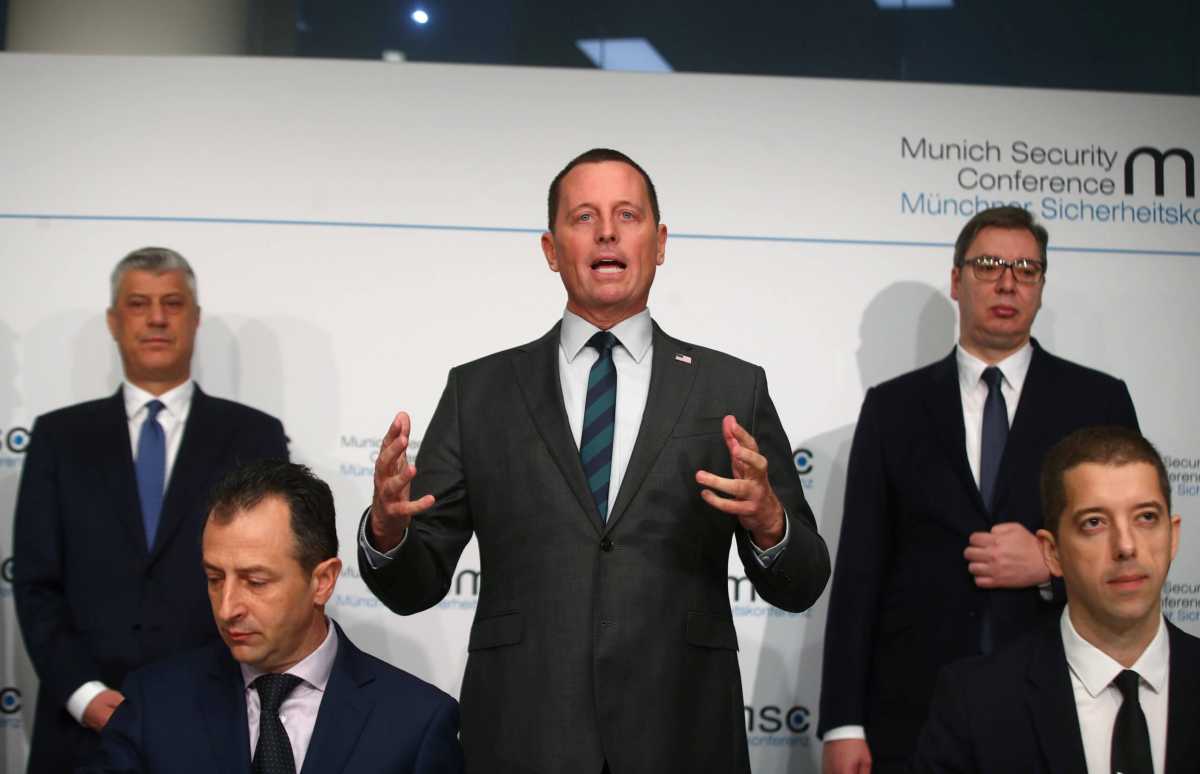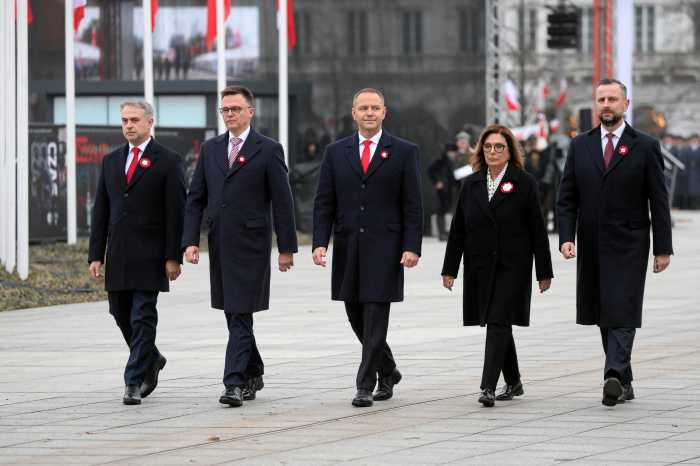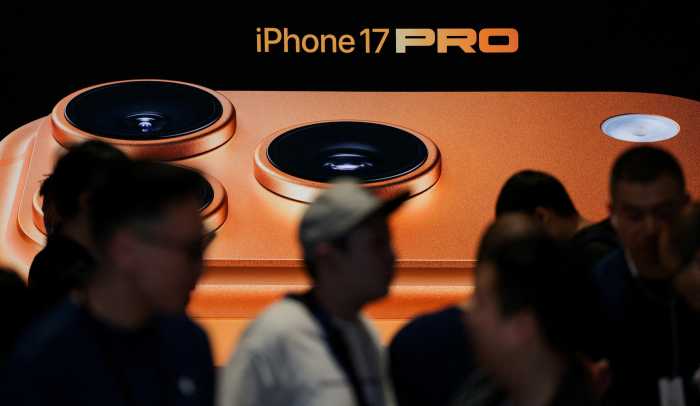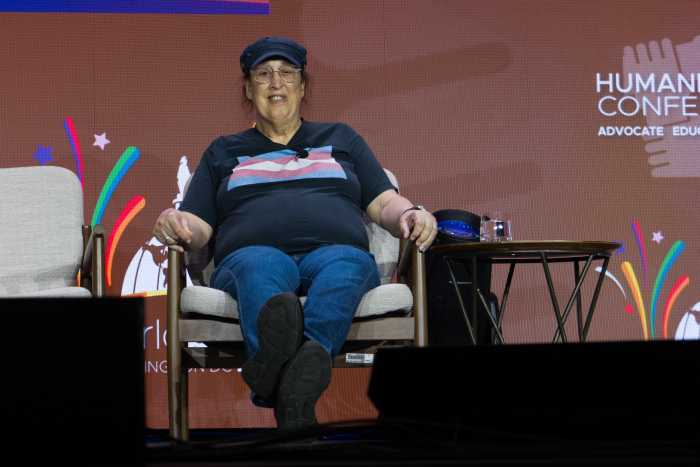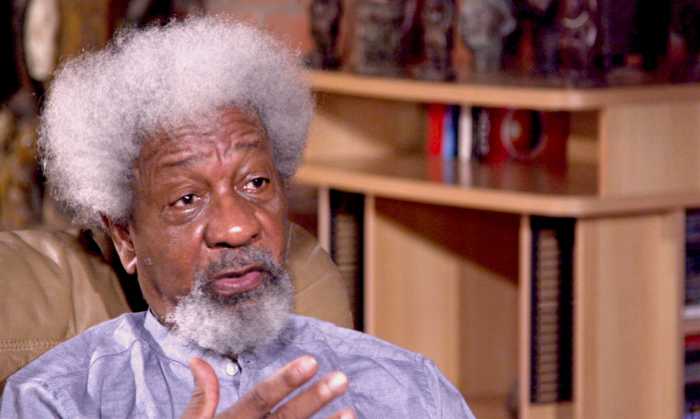Richard Grenell, the out gay acting director of National Intelligence, told The New York Times last week that the Trump administration is considering reducing intelligence cooperation with nations that have criminal penalties for homosexuality.
“We can’t just simply make the moral argument and expect others to respond in kind because telling others that it’s the right thing to do doesn’t always work,” Grenell told The Times. “To fight for decriminalization is to fight for basic human rights.”
According to the newspaper, however, Grenell provided few details, not making clear whether his idea was to scale back current intelligence cooperation or to withhold future intelligence-sharing initiatives. Intelligence officials said that his office would, in the words of The Times “review the issue and develop ideas.”
Grenell, who over the past two decades has built a reputation as an abrasive hardline conservative willing to battle political opponents on social media platforms in slashing — and often misogynistic — terms, had served as President Donald Trump’s ambassador to Germany before being named to the intelligence post in February. Given the widespread belief that he will be replaced later this year by a permanent director confirmed by the Senate, Grenell felt compelled to tell The Times, “I am not a seat warmer.”
Until this most recent announcement from Grenell, the key expectation of his role in the post was as a person who would carry out Trump’s wish to shrink the ranks of the intelligence community, with which the president has warred through much of his tenure.
Early last year, while still serving as the ambassador to Germany, Grenell announced he would be shepherding an administration effort to battle the policies of the roughly six-dozen nations that impose criminal sanctions on same-gender sexual conduct. At that time, however, when a reporter asked Trump about the effort, the president responded, “I don’t know, uh, which report you’re talking about. We have many reports.”
Later in 2019, Secretary of State Mike Pompeo announced a panel to reevaluate the role of human rights in US foreign policy, fueling widespread concern that it would be a cover for the administration to back away from the nation’s global advocacy for LGBTQ and women’s rights — in line with the significant retreat on those same issues in domestic policy.
“What does it mean to say or claim that something is, in fact, a human right?,” Pompeo said at the time.
Still, Grenell insisted his mission is serious.
“We have the president’s total support,” he told The Times. “This is an American value, and this is United States policy.”
Ryan Thoreson, who works in the LGBT Rights Program at Human Rights Watch, voiced skepticism about how much credence to pay to Grenell’s pronouncement.
“We’ve seen some real victories for decriminalization over the past few years, but these have been the results of local advocacy rather than pressure from the Trump Administration,” Thoreson wrote in an email response to Gay City News’ query. “The lawsuit that led to the invalidation of Botswana’s sodomy law last summer, for example, was initiated long before the administration’s initiative began. Ambassador Grenell has drawn public attention to the issue — including at the UN, where he and Ambassador [Kelly] Craft read the names of the countries that criminalize same-sex activity — and President Trump has also referenced it publicly. Beyond that rhetorical support, however, we’re not aware of any kind of dedicated funding or staffing for the initiative or specific interventions with countries that might be considering decriminalization.”
Thoreson added that there is good reason for both the queer community in the US and foreign governments to doubt the sincerity of the Trump administration on LGBTQ rights.
“Decriminalization is an important goal, and the most effective way to secure it is to stand up for the full range of human rights that LGBT people and others enjoy,” he wrote. “The Trump Administration will be a more effective ambassador for LGBT rights when it models support for LGBT rights at home, including the passage of nondiscrimination laws, the rejection of broad religious exemptions, and the restoration of protections for transgender people that it has methodically stripped away over the past three years.”
Grenell’s comments to The Times, coming in the midst of the nation’s preoccupation with the coronavirus crisis, likely received less critical scrutiny than they might have otherwise. Asked its view of the Trump administration’s posture on decriminalization of homosexuality worldwide, OutRight Action International, through its spokesperson Daina Ruduša, responded, “We are completely focused on our COVID-19 response work at the moment — we launched an emergency fund, webinar series, a way to share stories of LGBTIQ people, and are just finalizing some rapid research into the effects of COVID-19 on LGBTIQ people too. So unfortunately we have not really followed the latest news on this, and, as such, cannot meaningfully comment.”
Human Rights First did not respond to Gay City News’ request for comment.
And The Times itself, in its story, had comment only from Stuart Milk, the president of the Harvey Milk Foundation, which works on international LGBTQ rights, but with an all-volunteer staff.
Those seeking the roots of skepticism about Grenell’s seriousness in talking about global LGBTQ rights might also look to US policy toward Saudi Arabia. According to Amnesty International, as recently as this past fall, the Saudi state security agency defined homosexuality along with feminism and atheism as “extremist ideas” punishable by flogging and jailing. Yet, even in the face of the United Nations’ finding of “credible evidence” that Saudi Crown Prince Mohammed bin Salman bears responsibility for the 2018 murder of dissident journalist Jamal Khashoggi, a permanent US resident, in that nation’s consulate in Istanbul, Trump has refused to distance himself from MBS.
Earlier this month, the president, in a tweet, referred to the crown prince as “my friend.”
How Grenell plans to convince Trump that the US should cut back on intelligence-sharing with Saudi Arabia — whom the president sees as a key partner in shaping Middle East policy — over LGBTQ rights when he has been indifferent about the Khashoggi murder is unknown.
Despite Grenell twice now having announced that he would be leading the charge on decriminalizing homosexuality worldwide, he is far better known for his undiplomatic posture when confronting opponents — and even US allies.
On the day that he assumed his post as US ambassador in Berlin, he tweeted, “As @realDonaldTrump said, US sanctions will target critical sectors of Iran’s economy. German companies doing business in Iran should wind down operations immediately.” The missive drew harsh criticism across the German political spectrum.
In 2012, Grenell served for just 12 days as the foreign policy spokesperson for Mitt Romney’s presidential campaign — until the outcry from social conservatives over a gay man holding that post led him to resign. During that flap, his history as what would later come to be known as an internet troll also came to light, and Grenell ended up deleting hundreds of tweets, many of them sexist and dating as far back as his time as spokesperson for John Bolton when he served as President George W. Bush’s ambassador to the United Nations.
Among his more infamous tweets were ones advising MSNBC’s Rachel Maddow “to take a breath and put on a necklace,” and another comparing her looks to Justin Bieber’s. He also tweeted about First Lady Michelle Obama working out and “sweating on the East Room carpet,” and wondered if the wife of Romney 2012 rival New Gingrich Callista Gingrich’s “hair snaps on.”

